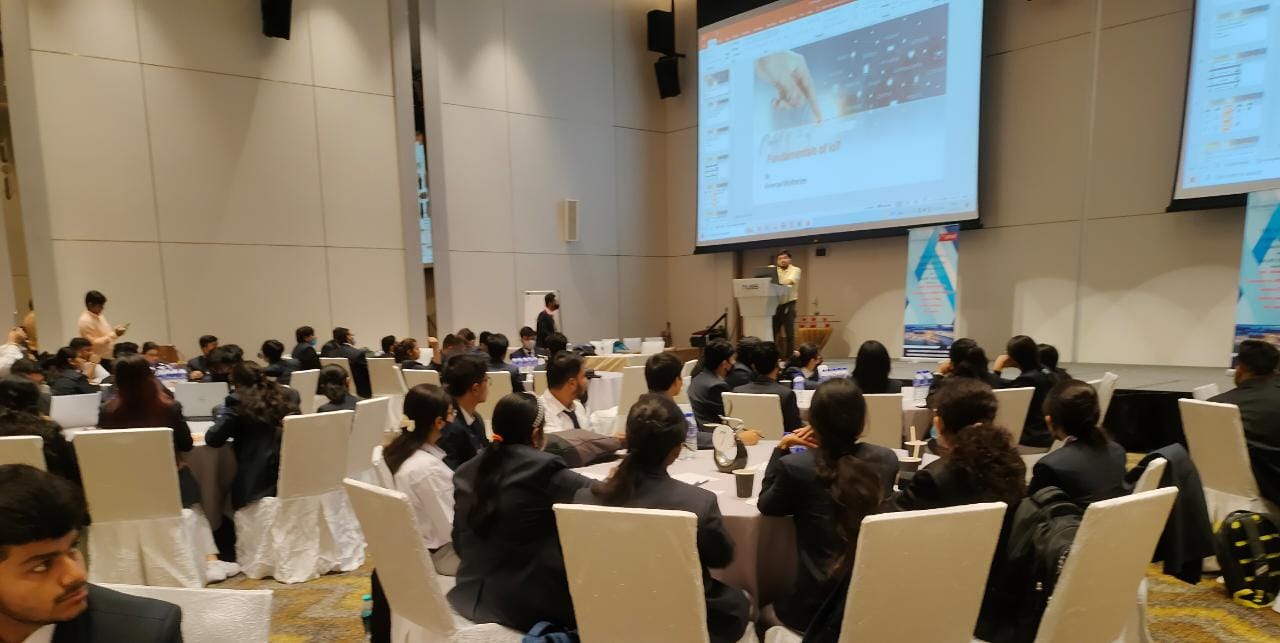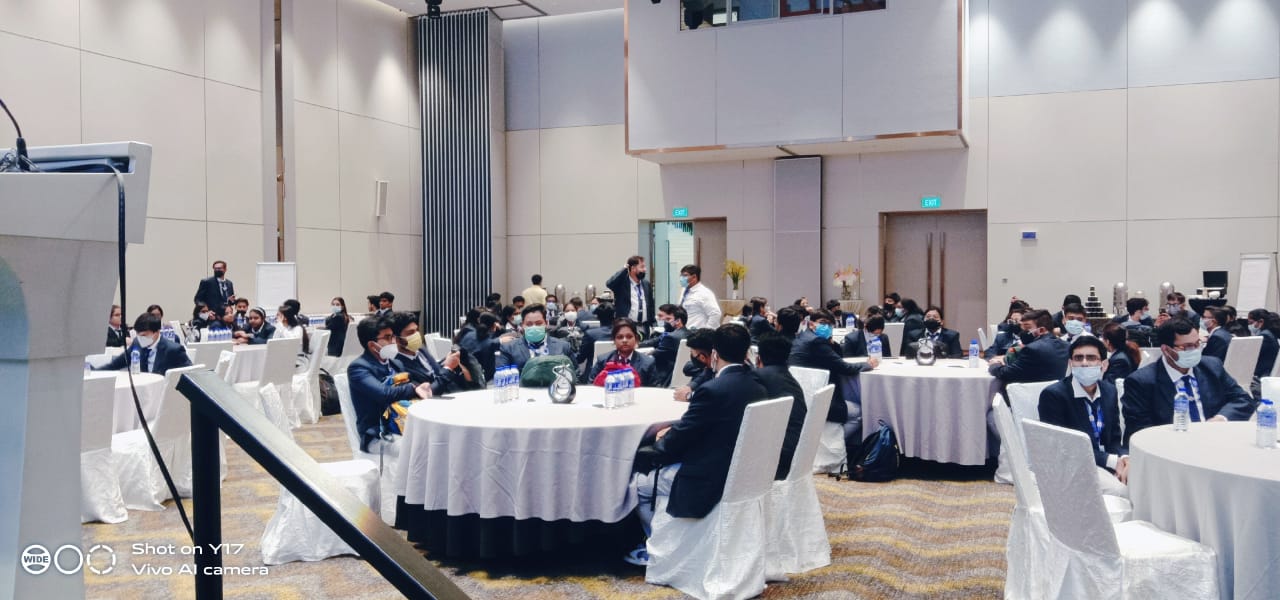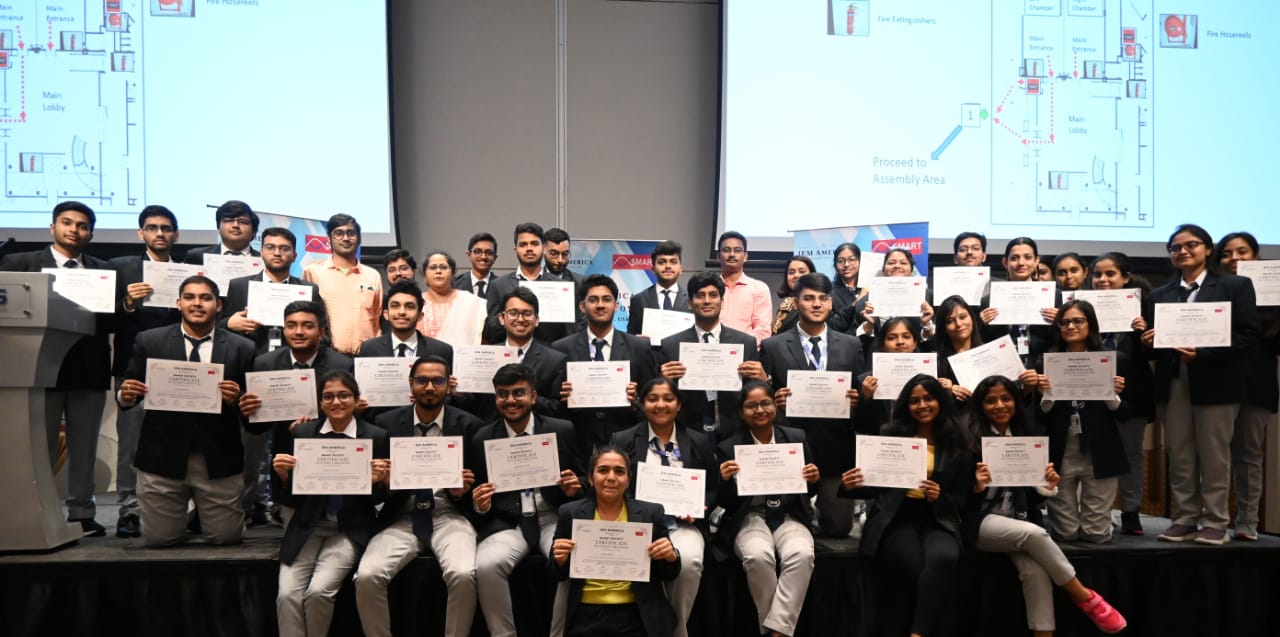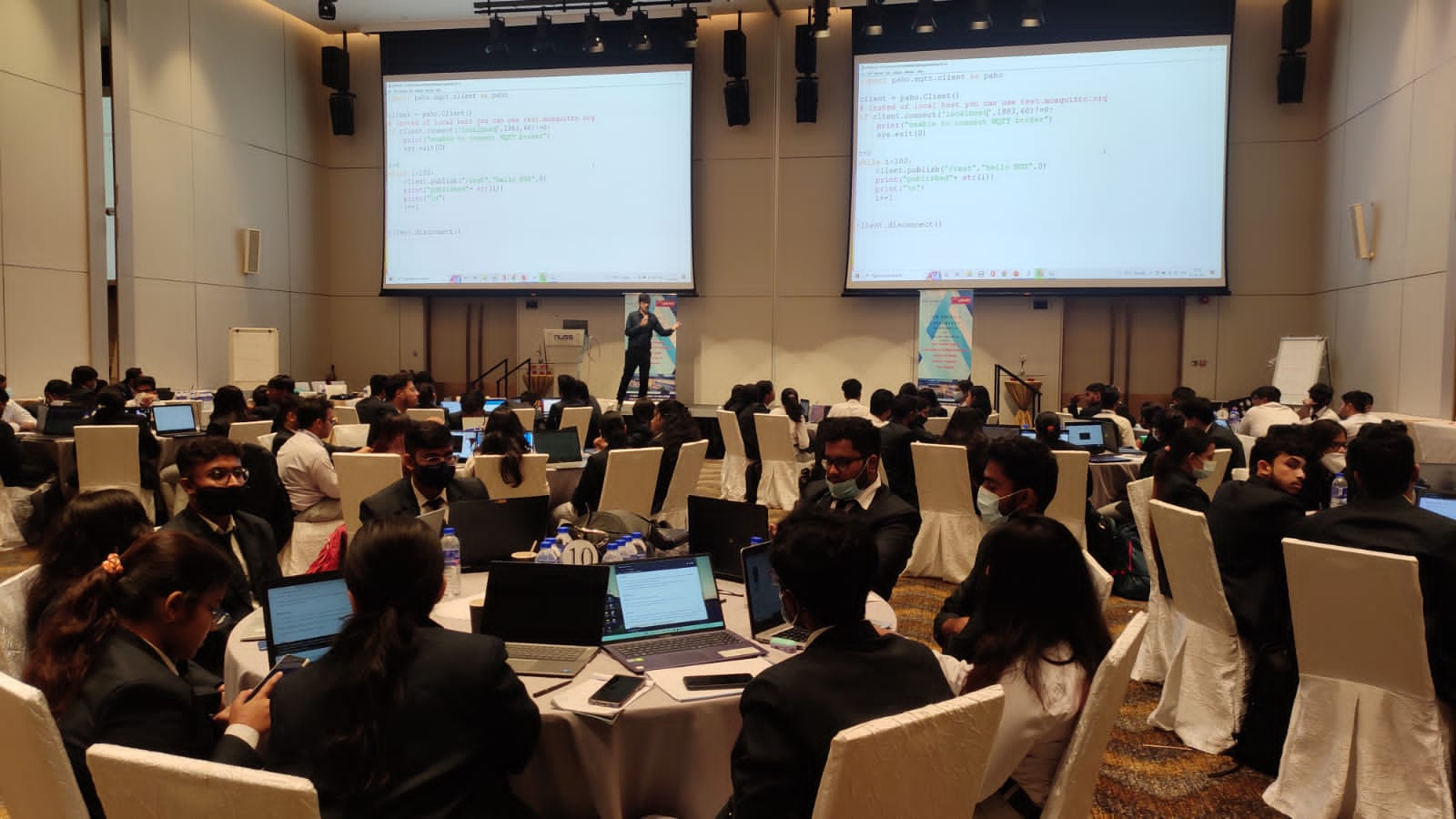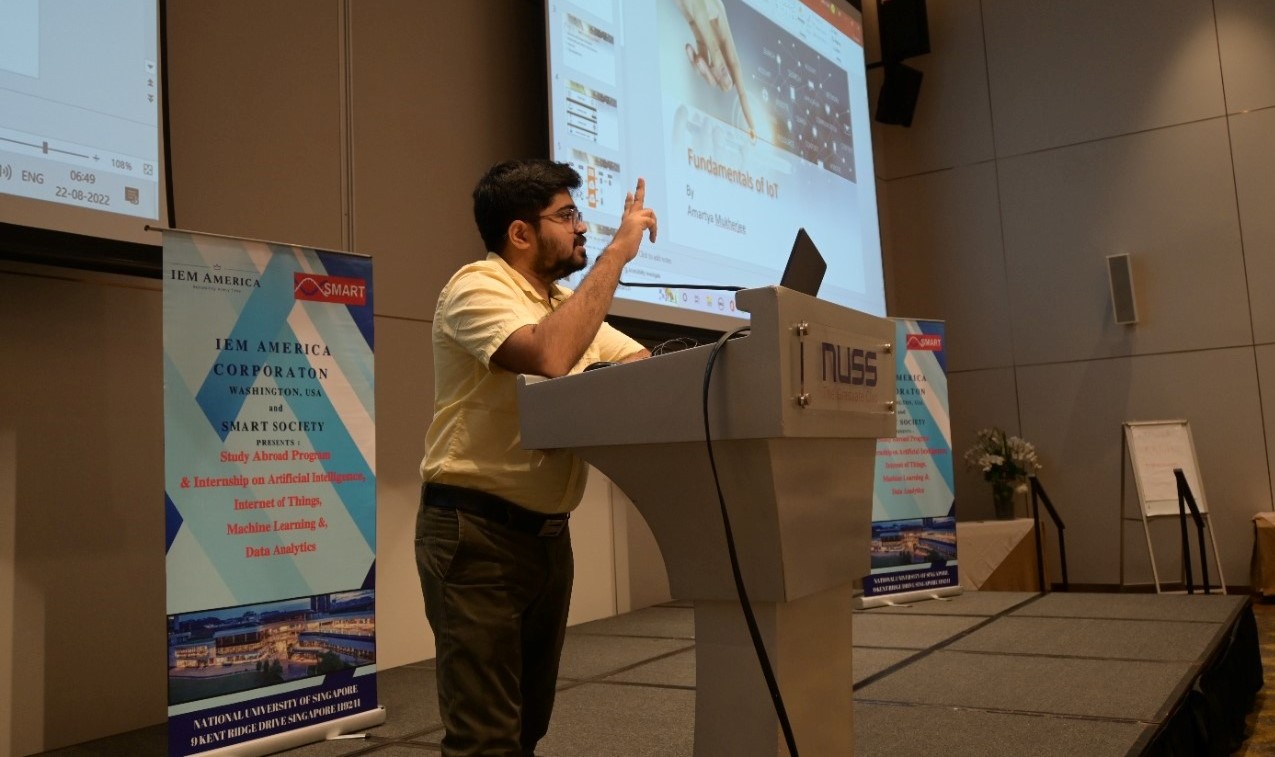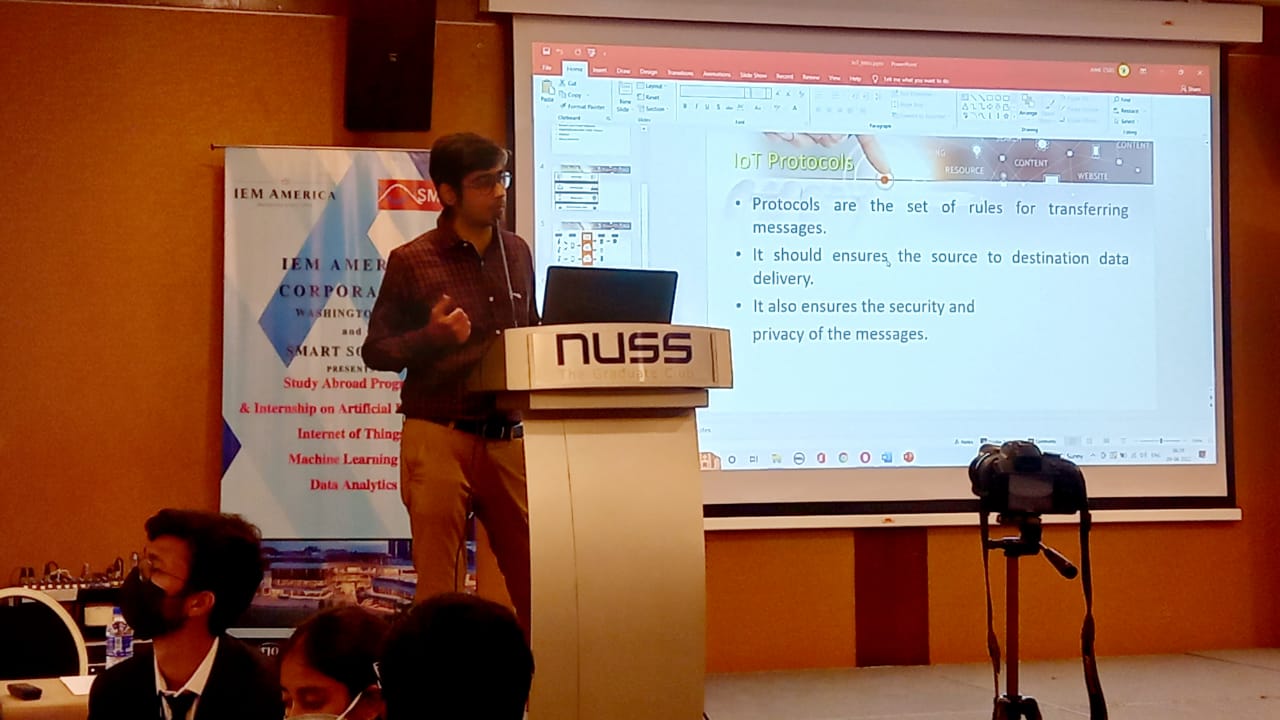1. Foundations of Machine Learning (2 hours)
- Definition of ML and its importance
- Types of machine learning: Supervised, Unsupervised, and Reinforcement learning
- Steps in the ML workflow: Data collection, preprocessing, model training, testing
- Bias-variance trade-off, overfitting, underfitting
2. Supervised Learning Algorithms (3 hours)
- Linear Regression and Logistic Regression
- Decision Trees, Random Forest, and Support Vector Machines (SVM)
- Hands-on session: Implementing classification and regression models using Scikit-learn
3. Unsupervised Learning and Clustering (2 hours)
- K-means Clustering, Hierarchical Clustering, DBSCAN
- Dimensionality Reduction: PCA, t-SNE
- Hands-on session: Clustering tasks and visualizing high-dimensional data using Python
4. Reinforcement Learning (2 hours)
- Introduction to reinforcement learning
- Markov Decision Processes (MDP)
- Q-learning, Deep Q Networks (DQN)
- Hands-on: Building a simple reinforcement learning model (e.g., grid-world problem)
5. Evaluation and Hyperparameter Tuning (1 hour)
- Model evaluation metrics: Accuracy, Precision, Recall, F1-Score, ROC, AUC
- Hyperparameter tuning using Grid Search and Random Search
- Cross-validation techniques
- Hands-on: Tuning hyperparameters for ML models using GridSearchCV
